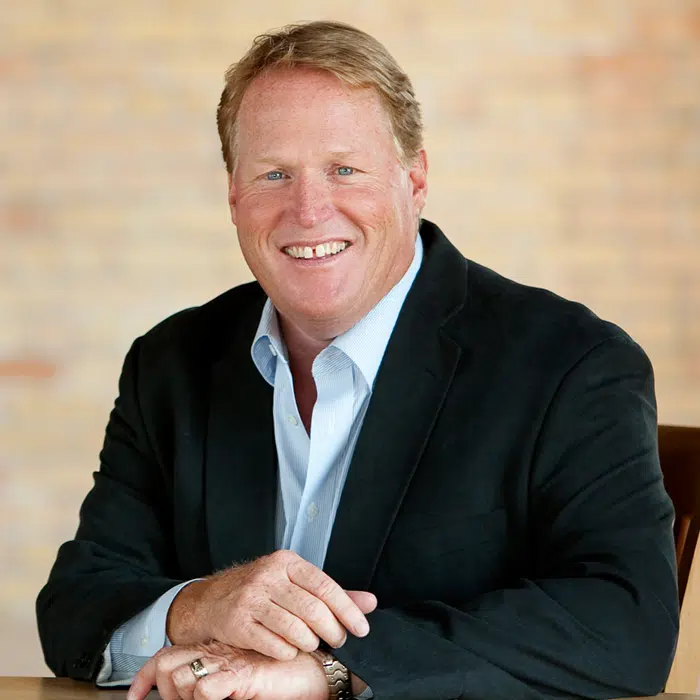By Marcela Ayres
BRASILIA (Reuters) – An outspoken couple weeks for Brazil’s central bank chief, including criticism of budget policy and comments scrapping monetary policy guidance, have soured relations with a Finance Ministry team who had been his strongest partners in government.
Three ministry officials, who requested anonymity to discuss personal views, said they took the recent comments from central bank governor Roberto Campos Neto as a deliberate move to take a harsher tone with the leftist government preparing to replace him at the end of the year.
The rising tensions may bring forward the noise around that transition — the first under a new law granting the central bank formal autonomy — and reinforce expectations that he will be replaced by a policymaker more trusted by leftist President Luiz Inacio Lula da Silva and his economic team.
When Campos Neto came under fire from Lula early last year for high interest rates, it was Finance Minister Fernando Haddad who stepped in to broker meetings and lower the temperature.
However, Campos Neto’s shifting policy guidance and broadsides against Brazil’s fiscal discipline during a marathon of public events in Washington last week caught the Finance Ministry off-guard, potentially burning bridges there.
One ministry source said the posture from Campos Neto, who was appointed by Lula’s right-wing predecessor Jair Bolsonaro, had turned “political.” Another called it “unusual.”
The central bank and Finance Ministry did not reply to requests for comments.
At an event with investors last Wednesday, opened to the public just hours before it began, Campos Neto signalled for the first time the chance of less monetary easing in Brazil while discussing a backdrop of increased global uncertainty. He cited both stronger-than-expected U.S. inflation and concerns about the government loosening its 2025 fiscal target.
One Finance Ministry source grumbled that similar concerns about U.S. interest rates staying high had roiled markets in September and October without such a dramatic reaction from Campos Neto. Another source from the ministry complained that the statements were made in the heat of the moment, without visibility on a permanent change for the exchange rate.
Brazil’s currency has now partly recovered its losses this month, but Campos Neto has already revised his policy guidance.
Distrust had already been growing in the Finance Ministry, the sources said, since Campos Neto began advocating openly earlier this year for lawmakers to approve a constitutional amendment that would grant financial autonomy to the central bank.
The proposal would build on a 2021 law staggering the terms of Brazilian presidents and central bank governors. Given the impact of the changes to the Treasury, Finance Ministry officials were dismayed that Campos Neto had not given Lula and his team advance warning.
SHIFTING RATE BETS
Despite Lula’s early criticism of the central bank and his suggestions that Brazil should tolerate higher inflation, public relations have stabilized since mid-2023 with Campos Neto, who even attended a cookout with the presidential cabinet last year.
His government chose to keep the inflation target at 3% from 2024 onwards, which helped lower consumer price expectations and opened the door for a rate-cutting cycle that began in August, cutting the benchmark rate 300 basis points so far to 10.75%.
With the next monetary policy meeting two weeks away, Campos Neto underscored on Monday that policymakers could no longer provide guidance due to significant uncertainty. Interest rate futures have now priced in more than a 90% chance of a 25-basis-point cut, breaking with a string of 50-basis-point cuts so far.
Lula said this week he hoped Campos Neto would take into account that “Brazil is not at risk,” adding that he was weighing whether to make an early announcement of his successor.
So far, two leading candidates have emerged for the role. Gabriel Galipolo worked as Haddad’s deputy at the Finance Ministry before becoming the central bank’s director of monetary policy in July.
Paulo Picchetti, the bank’s director of international affairs, is also a friend to Haddad since they both completed their master’s degrees in economics at the University of Sao Paulo in the early 1990s.
While unveiling a package of measures to stimulate lending this week, Haddad said that Galipolo continues to collaborate with various elements of the Finance Ministry agenda since moving to his new position, showing that the ministry and central bank “don’t have to be on bad terms.”
Galipolo’s ties with Haddad have kept up since he moved to the central bank as they shared flights between Brasilia and Sao Paulo and held many informal meetings at the minister’s office there, according to two other sources.
Unlike Picchetti, Galipolo has links to Lula independent of his relationship with Haddad, due to his connection to economist Luiz Gonzaga Belluzzo, his longtime academic partner, who acts as a trusted advisor to the president.
(Reporting by Marcela Ayres; Editing by Brad Haynes and Chizu Nomiyama)




Comments